Introduction to Poland’s Casino Landscape
Poland’s casino landscape is undergoing a significant transformation. Beneath the surface, a battle is brewing between an outdated state monopoly and a tech-savvy generation demanding modern, flexible gaming options. Tech firms are setting up new offices with hundreds of staff, cementing Poland’s position as a hub for casino innovation. Industry insiders and EU experts are questioning the sustainability of the old state-only model.
Regulatory Landscape and Grey Market Dynamics
The Polish government exercises strict control over the online casino market, with only one legal online casino operator in the country. The state’s monopoly aims to protect players, monitor money flows, and ensure that gambling profits contribute to public funds. However, this approach has led to a substantial grey market, with nearly 40% of online casino activities taking place on unregulated foreign sites. In 2023, Poland lost an estimated PLN 0.5 billion in gambling tax revenue to these offshore platforms.
Government Efforts and Experts’ Insights
To combat the grey market, authorities have attempted to block access to illegal gambling sites, blacklisting over 50,000 domains. However, experts like Zdzisław Kostrubała, President of Graj Legalnie, describe this approach as a “cat-and-mouse game” that will never fully eradicate illegal operators. Piotr Palutkiewicz, Vice President of the Warsaw Enterprise Institute, highlights low consumer awareness and limited options as major reasons for players using illegal sites.
Calls for Modern Licensing
Experts, operators, and policymakers are advocating for a drastic overhaul of the current system. They propose adopting a multi-license model, similar to those in other EU countries, where several private companies would be licensed by the Polish government, pay taxes locally, and compete fairly in the market. This approach could significantly reduce the grey market and generate hundreds of millions of dollars in revenue for Poland’s budget.
Technological Trends in Poland’s Casinos
The regulatory landscape is not the only factor driving change in Poland’s casino sector; technology is also playing a significant role.
Tech Hubs and Mobile-First Power
Tech firms like Softswiss are establishing large offices in Poland, creating jobs and developing innovative, mobile-ready gaming platforms. Mobile-first design is revolutionizing the gaming experience, providing smooth, clean, and instant access to games on any device.
Artificial Intelligence
AI is being leveraged to create smarter casinos, automatically detecting suspicious behavior, sending friendly nudges to players, and tailoring bonuses and game suggestions to individual styles. AI-powered chatbots are also providing 24/7 support to players.
Crypto and Blockchain
Poland’s crypto scene is thriving, with online casinos accepting Bitcoin, Ethereum, and stablecoins. Crypto payment tools and blockchain audit trails are increasing trust and transparency, reducing fraud, and giving players peace of mind.
Live Dealer, AR, and VR
Live dealer games are gaining popularity, offering players a real casino experience with real people, cards, and vibes. Augmented reality (AR) and virtual reality (VR) are also being integrated into Polish casinos, enhancing the gaming experience and bringing big casino floors into small living rooms.
Conclusion
Poland’s casino landscape is undergoing a significant transformation, driven by both regulatory changes and technological innovations. The future of gambling in Poland lies in finding a balance between innovation and strong regulations that protect players and contribute to the local economy. By adopting a more modern and flexible approach, Poland can reduce the grey market, generate revenue, and provide a safer and more enjoyable gaming experience for its citizens.



